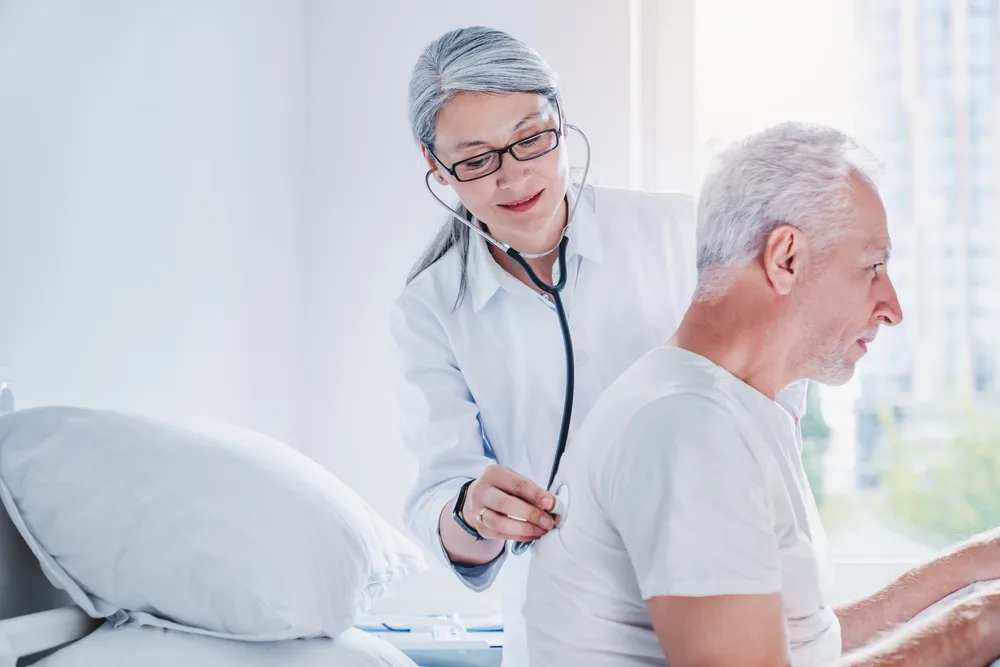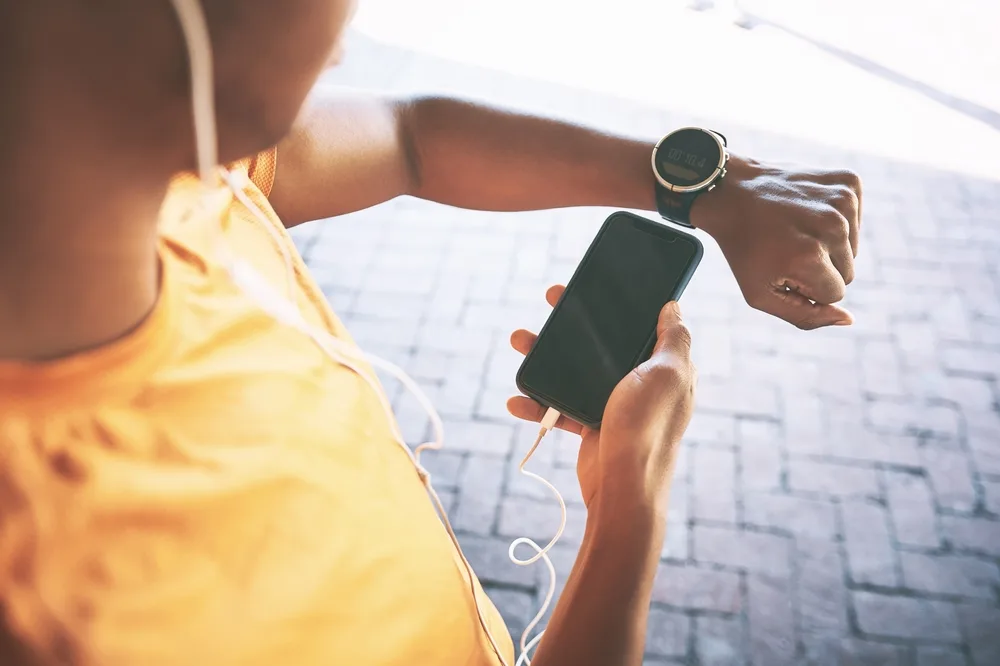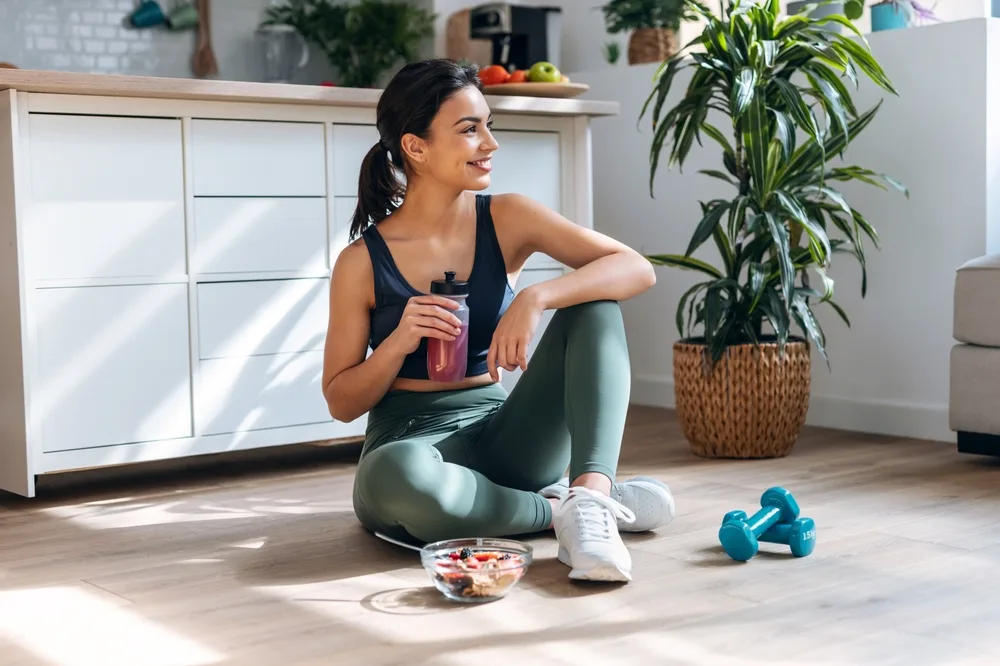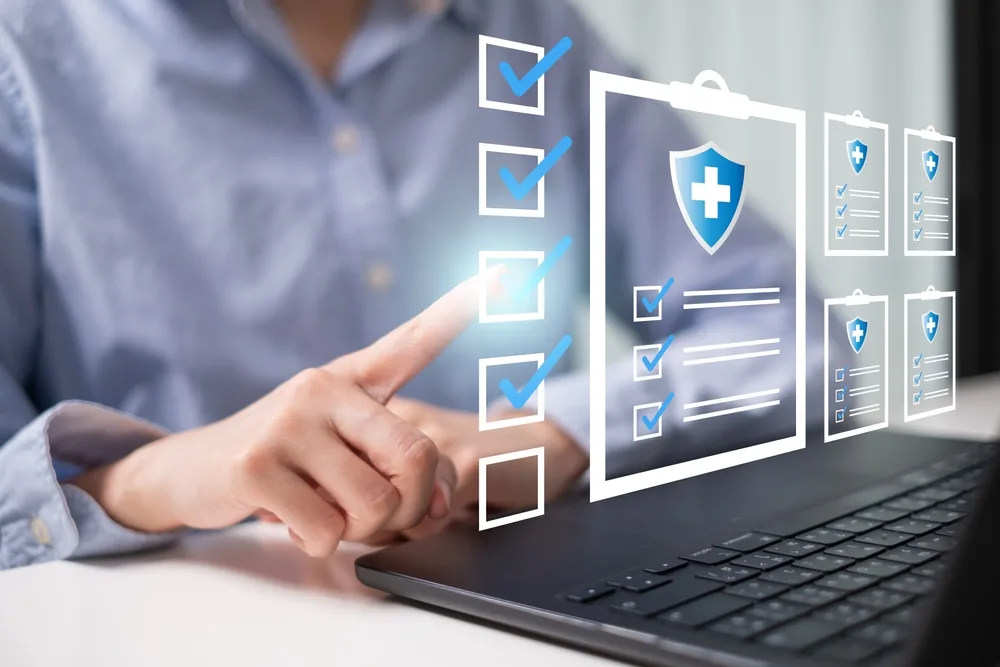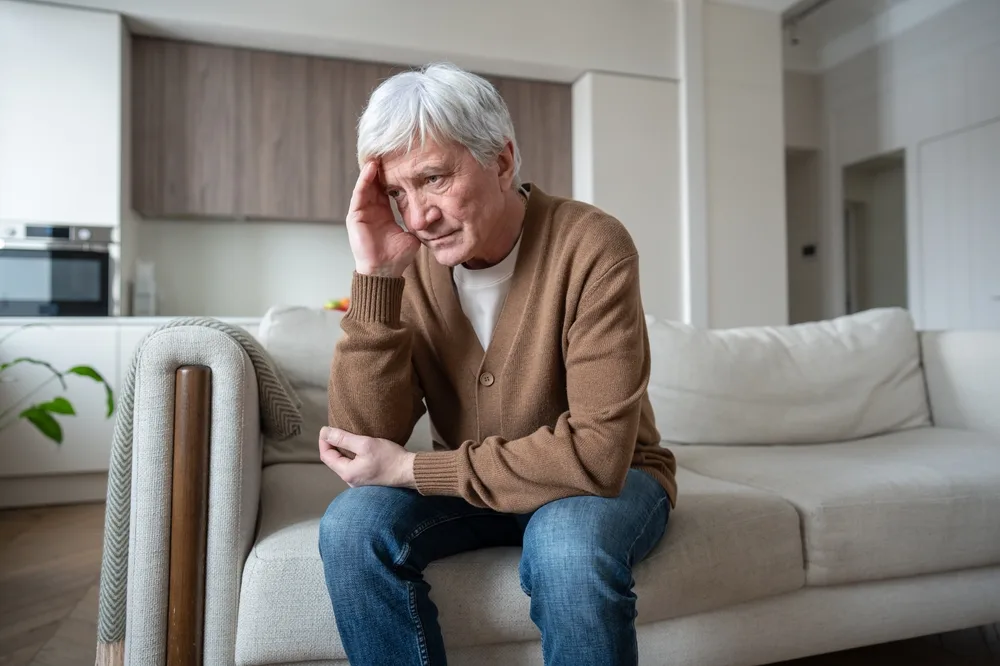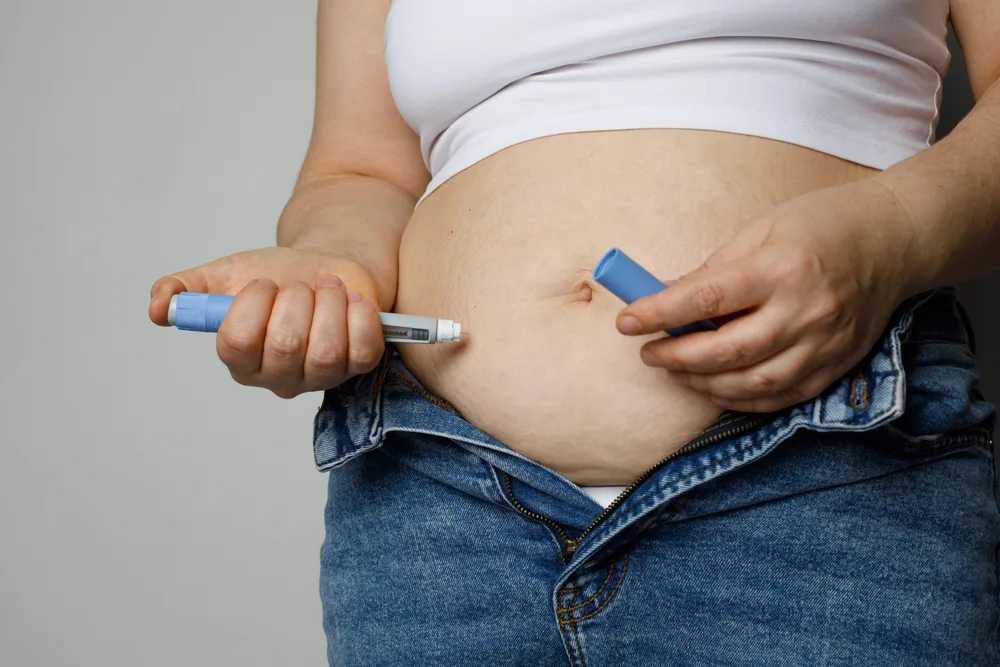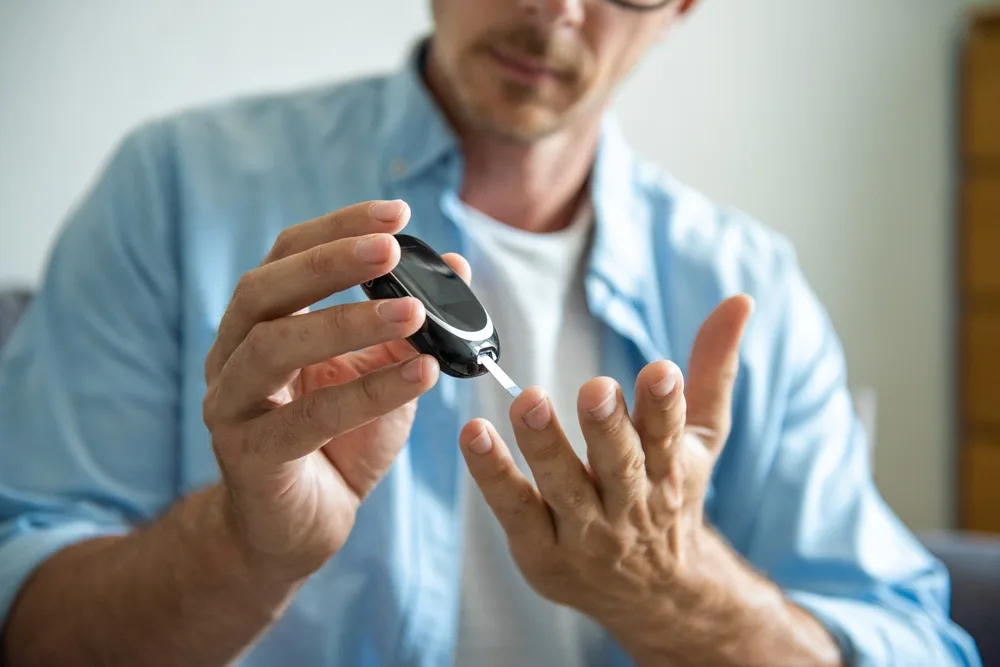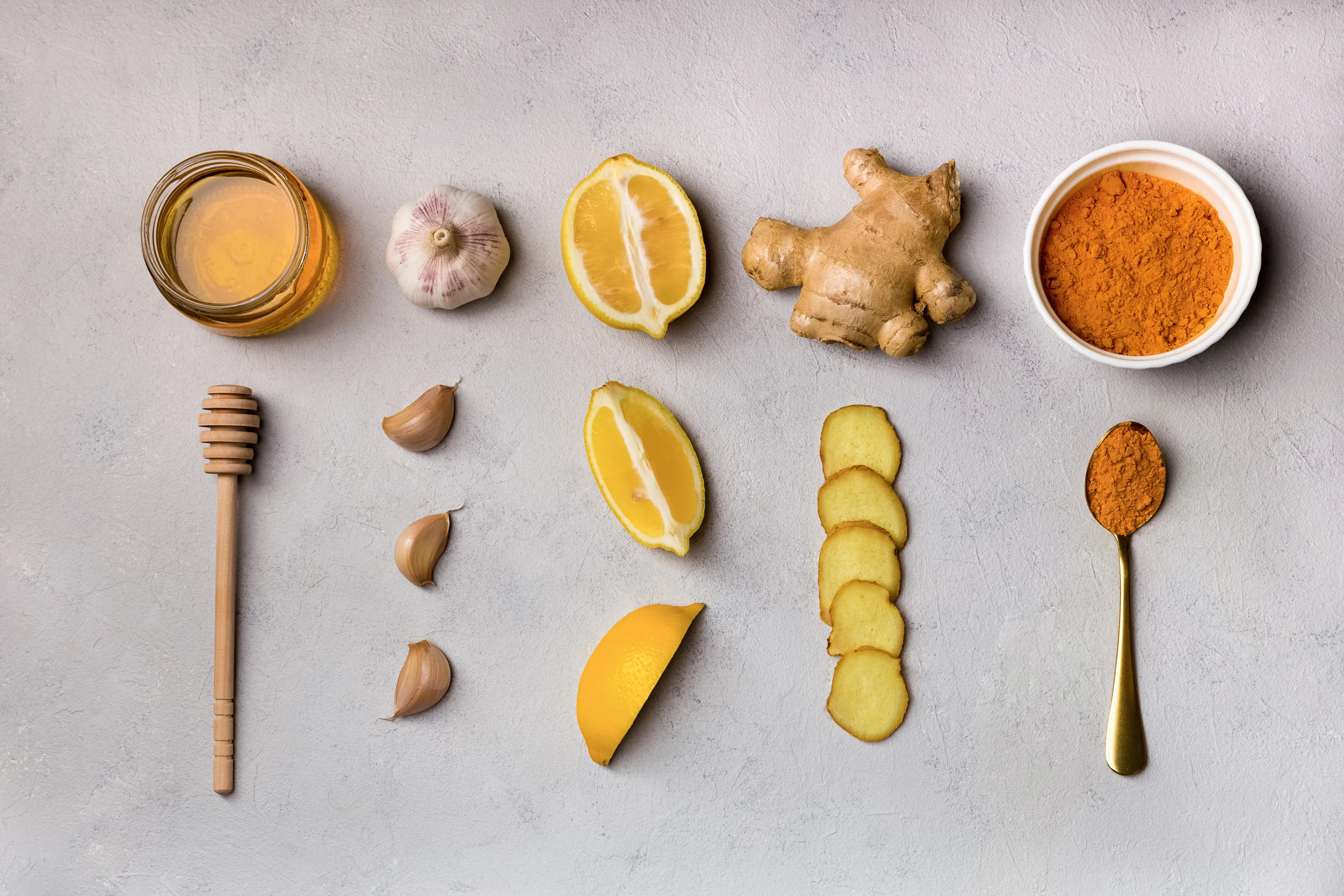If you have done your sleep study and your doctor has determined that you have sleep apnea, treating sleep apnea is the next step. For mild cases, your doctor may recommend lifestyle changes such as losing weight or quitting smoking. If you have nasal allergies, taking allergy medication at night may help.
However, if you have moderate to severe sleep apnea, your doctor may suggest that you get one of a variety of sleep apnea devices. Continue reading to learn more about these devices.
The most common sleep apnea treatment for moderate to severe cases of obstructive sleep apnea is the continuous positive airway pressure, or CPAP machine. The CPAP machine pumps cool, humidified air through a tube that is connected to a mask. The mask of the CPAP machine gets strapped to your head to keep it in place while you sleep and covers your nose and sometimes your mouth.
The CPAP machine is not very large and can sit easily on your bedside table. Some people who travel frequently have a slightly smaller portable CPAP to take with them on trips so they can leave their regular machine at home. While the CPAP machine can be hard to get used to in the beginning, with continued use and adjusting the fit of the mask, it can become a part of your normal bedtime routine.
In addition to the regular CPAP machine, there are other sleep apnea devices, including the auto-CPAP. This machine automatically adjusts the pressure while you are sleeping. A BPAP machine is another common device that produces more pressure when you inhale than when you exhale.
If you have mild sleep apnea or cannot get used to sleeping with a CPAP machine, there are CPAP alternatives to consider, such as an oral appliance. This is a sleep apnea mouth guard that brings the jaw forward during sleep to open up the throat.
While a sleep apnea mouth guard tends to be less effective than a CPAP machine, oral appliances are widely considered to be more comfortable. Your dentist can fit you for a snore guard and ensure that the fit continues to work for you.
One popular oral treatment method for sleep apnea comes from a company called Vivos Therapeutics. According to the company, their method cures sleep apnea after 18 months of use. The process focuses on dental treatment and integrated therapies.
CPAP machines are usually only used for obstructive sleep apnea. Central sleep apnea can be treated using different sleep apnea devices, such as the adaptive servo-ventilation, or ASV.
The ASV works by learning your normal breathing pattern. It then stores this data in a built-in computer. Once you fall asleep, the machine uses pressure to restore your normal breathing pattern and prevent pauses in your breathing.
Since central sleep apnea is often caused by other health problems, sometimes treating the underlying problem can resolve the sleep apnea as well.
If you suspect that you or a loved one has sleep apnea, you may consider making an appointment with a sleep apnea doctor to get on the road toward better sleep and better overall health.
By Admin –

